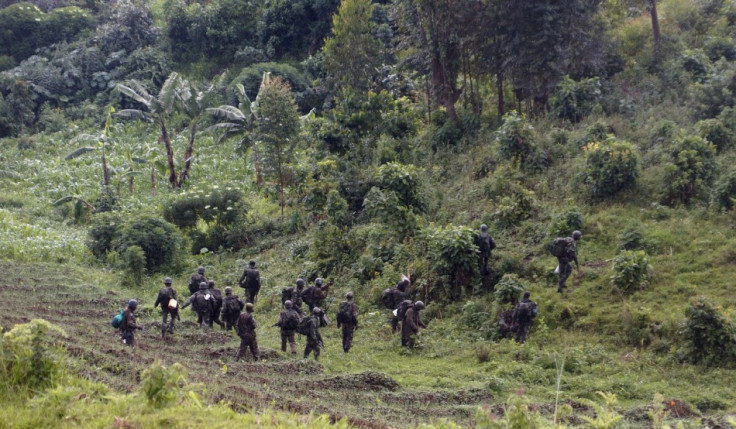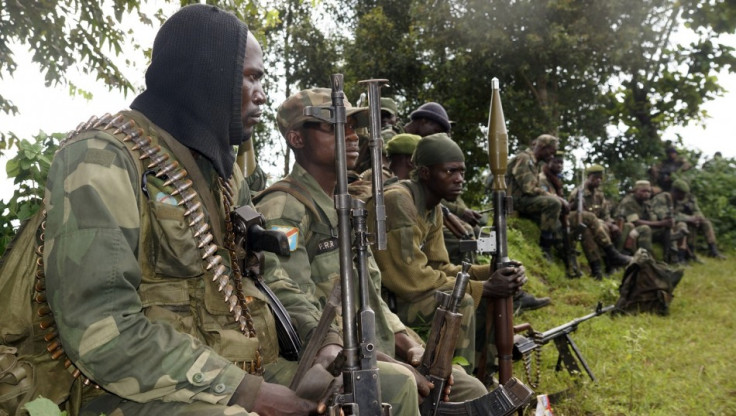DR Congo's M23 Rebels End Uprising

The M23 rebel group is ending its insurgency in DR Congo following a counteroffensive by government troops that seized the last outposts held by the militia.
M23 leader Bertrand Bisimwa said the rebels will engage in diplomatic talks to resolve its grievances through political means only.
"The chief of general staff and the commanders of all major units are requested to prepare troops for disarmament, demobilisation and reintegration on terms to be agreed with the government of Congo," Bisimwa said.
The move came after the Congolese military stepped up its campaign to retake full control of the county and successfully oust the M23 out of more than a half dozen towns it previously controlled.
The government declared victory after the army seized the last remaining rebel bastions of Chanzu and Runyonyi.
United States envoy to Congo, Russ Feingold welcomed the development.
"Despite the bumps in the road, this is an important step in the right direction," he said.
The M23 rebellion began operations in April 2012 after a group of Congolese army mutineers claimed that a peace deal with the government had not been honoured.
Its members are mainly former soldiers of the National Congress for the Defence of the People.
The majority of them are Tutsi survivors of the Hutu genocide in Rwanda in 1994 and they have allegedly received military and financial support from capital city Kigali.
The Rwandan government denies the allegations despite evidence laid out in a report by a United Nations.
Last year the M23 rapidly advanced into DR Congo and briefly occupied the city of Goma before withdrawing to territories near the Rwandan border.
The M23 rule was marred by murders, rapes and forced recruitment of children, human rights groups said.

© Copyright IBTimes 2024. All rights reserved.






